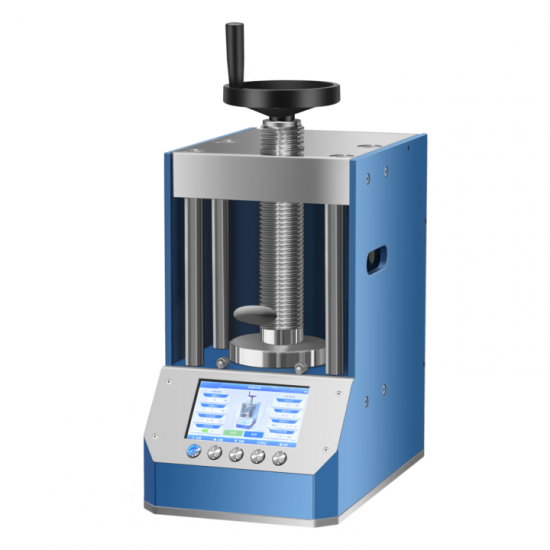Join TMAX, become an agent!
Join TMAX, become an agent!
Powder Tablet Press

Previous :
Hydraulic Press MoldsNext :
Manual Hydraulic Press© Copyright: 2025 Xiamen Tmax Battery Equipments Limited All Rights Reserved.

IPv6 network supported